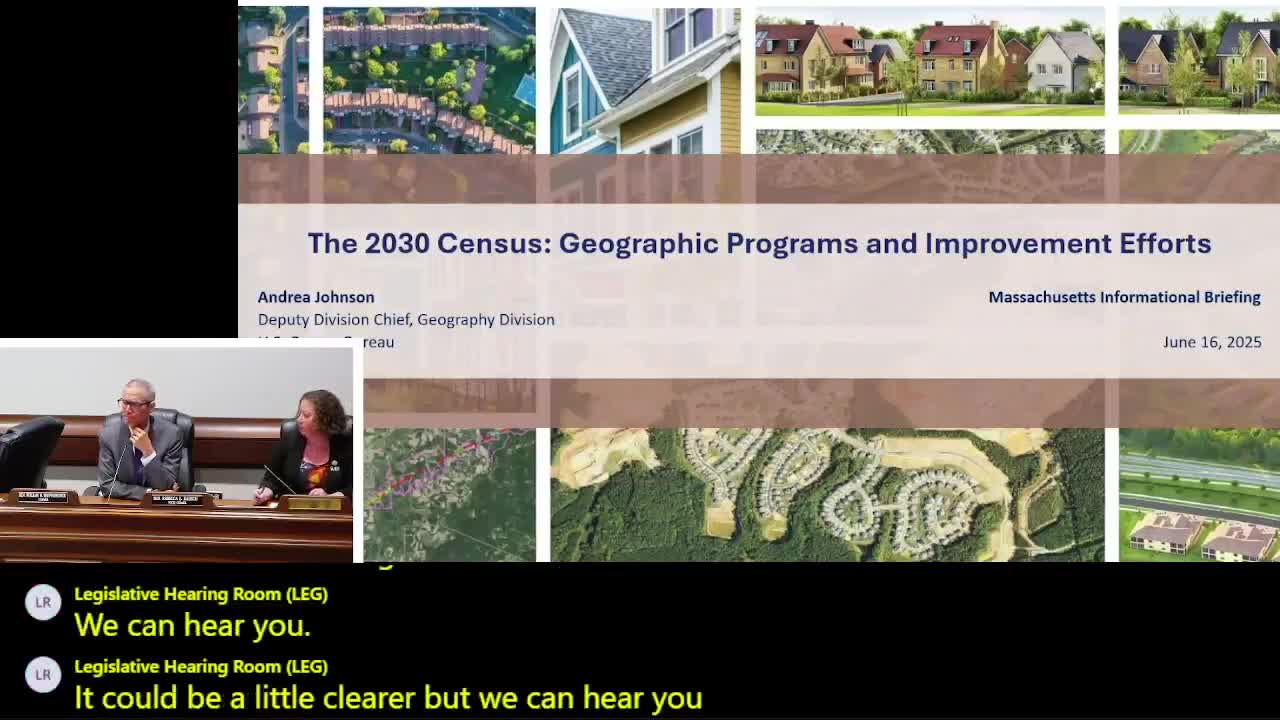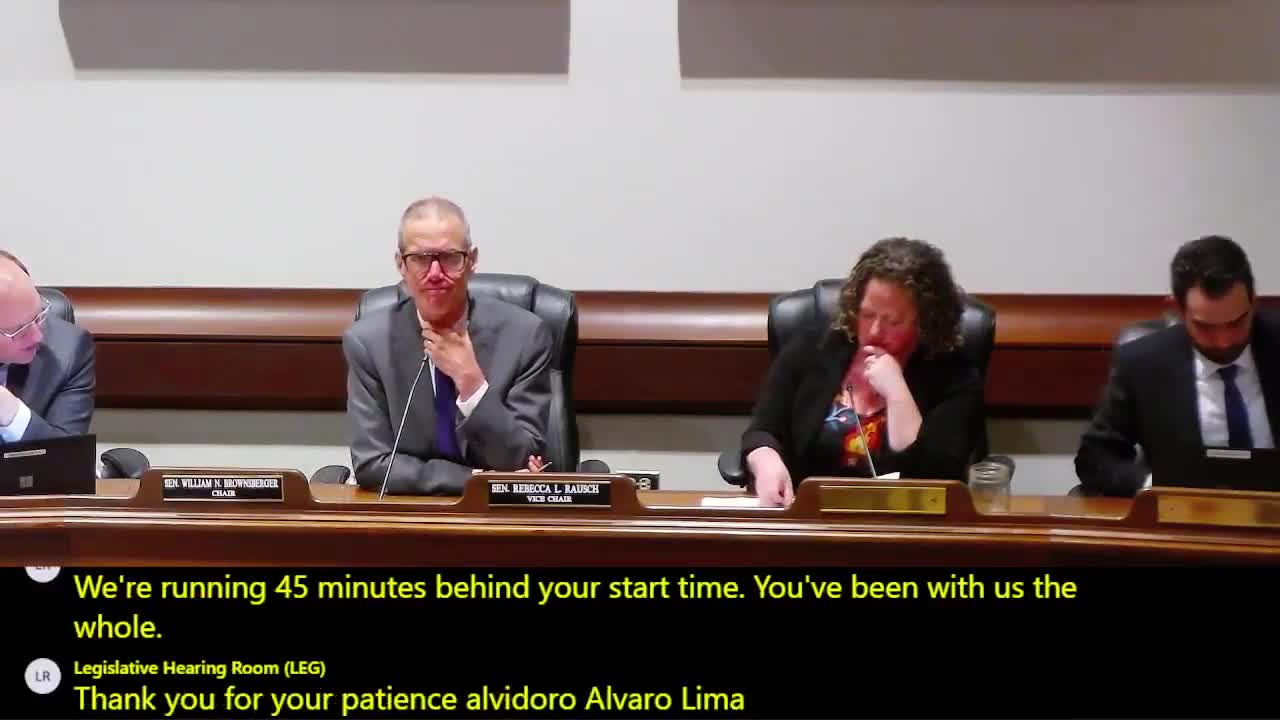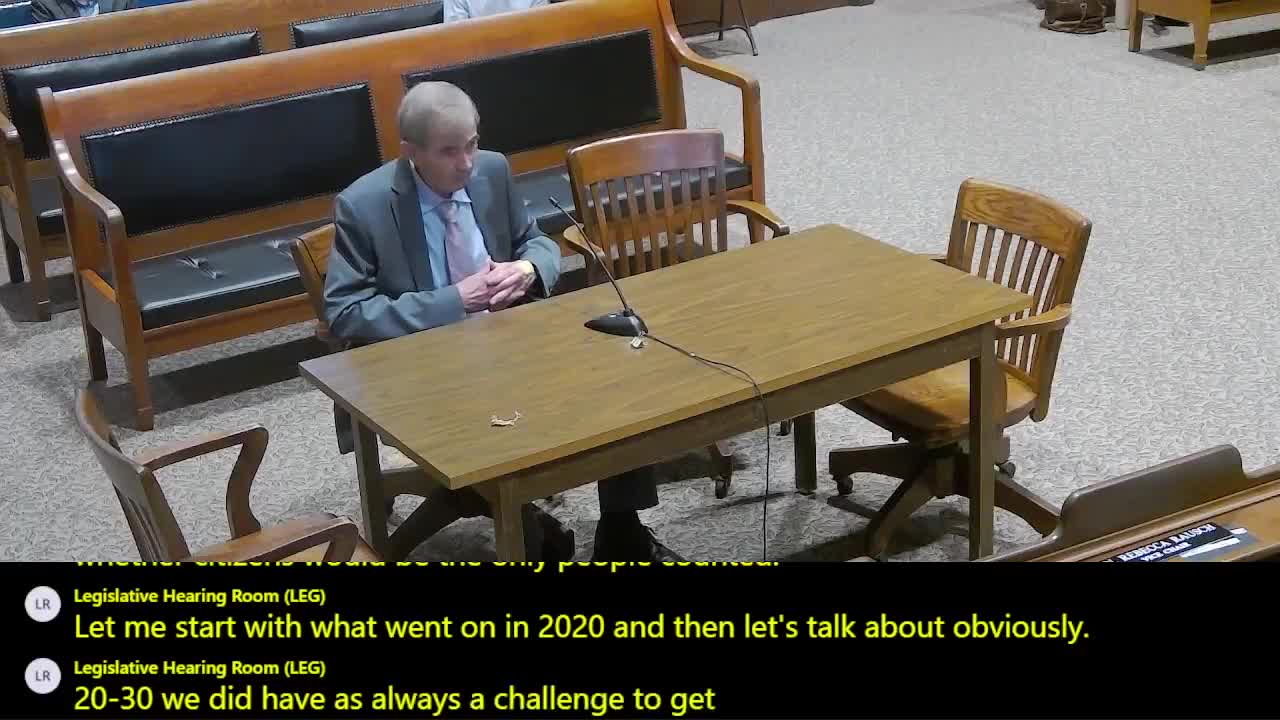Article not found
This article is no longer available. But don't worry—we've gathered other articles that discuss the same topic.

Census Bureau tells Massachusetts to begin decade-long work on LUCA, BAS, PSAP and redistricting data now

Boston planning staff say 2020 census left about 25,000 residents uncounted, urge early outreach and race/ethnicity fixes

